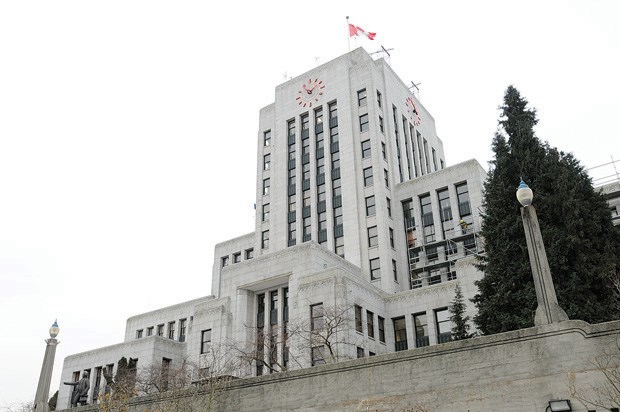As I watched hotel workers last week tearfully present to a city council committee on their disturbing job experiences — constant harassment, episodes of assault, indifferent employers – I had to put my head in my hands about another item on the city’s agenda.
We will get to it. First, though, let’s take a slight detour, an anecdote in stark contrast to the plights and presentations of those workers but in keeping with the same theme of public engagement.
It goes like this: Jean Charest, the former federal cabinet minister and Quebec premier, once led a public cross-country consultation on constitutional reform. In each town everyone who showed up was given five minutes to present. Tall order.
Charest recounted that those of a certain age often started presentations along the lines of: “I’m 83, I’ll be 84 in the fall,” or “I’m 76, I’ll be 77 in May,” or “I’m 91, I’ll be 92 in December.”
Sure, somewhat amusingly, they described themselves by the age they intended to be. But they were there, Charest said. They were there.
As were those women last week, as are thousands of people in our community every year. What I wonder now is: do our elected officials care enough to listen?
The presenters certainly care enough to carve out time from their day and speak about their passions.
But it is clear in reading a proposed city bylaw that public input has been pronounced an inconvenience to hear. Strangely, infuriatingly, there is an effort underway to curtail public presentations and corrode the covenant of public engagement.
If in elder years ahead I lapse into that pattern of opening my remarks with my age and ambition of age – I’m 61, I’ll be 62 in December – I would need to make my case in, gulp, 180 seconds.
The proposed amendments to bylaw 9756 kill the vibe of consultation.
Among its observations: too many people want to talk. Among its solutions: turn terse presentations into teensy ones.
Remarks would be limited to an anorexic three minutes, down from a skinny five, and questions from councillors to three minutes from five. The TransLink Mayors’ Council coincidentally is doing the same three-and-three thing as a six-month test.
The new bylaw would limit organizations to one presenter. It excludes public presentations on councillor motions. It restricts criticism of politicians and staff in their presence. It bolsters the city manager’s powers and the staff’s advantage in publishing reports at the last minute.
If we were flush with engagement techniques, some of this might be acceptable. But that’s a big if and a bigger no.
Our freedom of information laws would be funny if they weren’t so sad.
Our institutions don’t hold meetings as they should in neighbourhoods away from their chambers. Our council meetings are rife with amendments to amendments of amendments arising from amendments to motions interrupted by points of order and lavish plates of self-serving soliloquies. Our councillors love no voice like their own, so many of them already girding to be mayor. Their indulgences have sent staff to study dozens of their eclectic theories and schemes in the months since the election. Post-secondary institutions would do well to launch degree-granting programs in Political Pet Project Research. The council disunity, even among parties supposedly committed to caucus solidarity, has been manna for the entrenched bureaucracy, which has assumed control of the city in a matter of months.
As for engagement, Â鶹´«Ă˝Ół»has embarked on a staff-driven, $18 million, multi-year exercise to recommend new processes for our city’s development. This bloated, top-down consultation could have been conducted for a fraction of the price in a fraction of the time.
Yet, yes, it’s the public that’s the problem here. Too many want to talk too much. We will be courted again at election time, promised a voice at city hall, valued for our input, then left at the curb.
Yes, by all means, approve the bylaw, councillors. See you then. •
Kirk LaPointe is editor-in-chief of Business in Â鶹´«Ă˝Ół»and vice-president, editorial, at Glacier Media.
.



